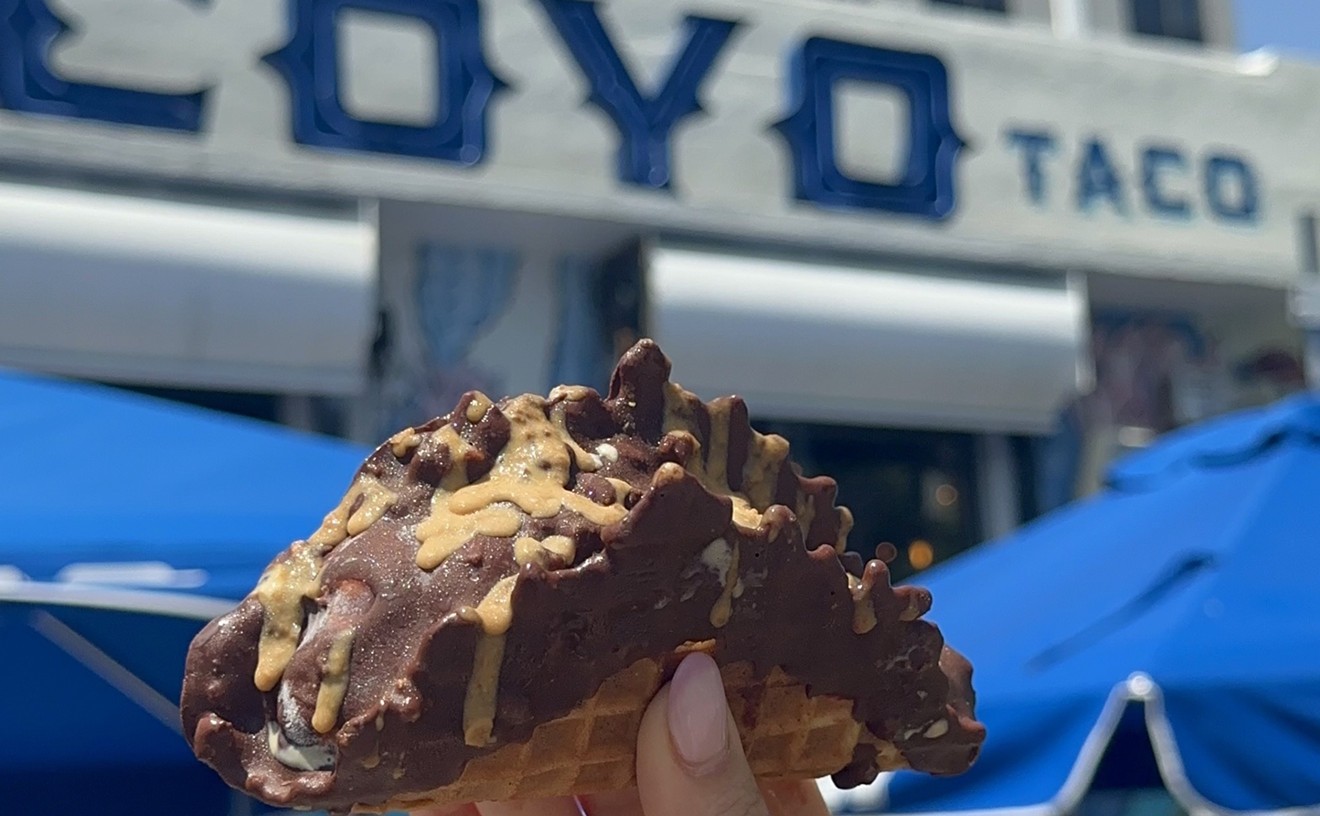"One third of all your food is dependent on honey bees", Davis says. Even digging into a steak you can thank bees, in part, since livestock eat grass, grain and other plant life.
Davis, who has 13 hives in her backyard, started beekeeping when she heard about colony collapse disorder, which has caused the sudden death of entire bee colonies since 2006. According to the EPA, colony collapse disorder could be caused by pesticides, virus, fungus or stress.Beekeeping and the extraction of honey from the hives is a pretty low-tech process. The hives are stored in what looks like wooden milkcrates stacked on top of each other. The bees know what to do once provided with a nice home to live in. The lower part of the crates is where the queen and her bees live and hatch babies. The higher part of the hive is storage.
Every hive consists of one queen and 20,000 - 50,000 other bees. Each bee has their specific task, from nurse bees (charged with caring for the babies and cleaning the hive) to foragers who travel outside the hive up to ten times a day to collect nectar. The bees' enzymes convert the nectar to honey, which is stored in honeycombs. Some is used right away, but bees are hoarders, and store much more honey than they can use.Davis takes out part of the extra storage area to extract honey. The first part in the honey gathering process is to take off the layer of beeswax the bees put on the honeycomb to seal and protect the honey. Davis instructs me how to use an ultra-hot electric blade to carefully melt the wax off the honeycomb. This wax will be used to make candles afterward.
After the wax is removed, the honeycomb is placed in a tall extractor. Using a hand crank, the honeycomb is spun so centrifugal force allows the honey to be drawn out of the hive. The honey can then be collected from a spigot at the bottom into a mixing cup.
The raw honey is strained and bottled, ready for sale. Davis' honey is wildflower, though she also sells other varieties from local keepers. Over a dish of homemade honey ice cream, Davis explains the benefits of raw honey. Honey helps in boosting both energy and the immune system. It can fight fungal infections and bacteria, like athletes' foot and it can soothe sore throats and help fight allergies. It's also delicious and can be used as a sugar substitute in almost any recipe.
Once again, Davis stresses the importance of bees to our food chain. "If they go, we go", she says. So Davis will play her part, helping the honeybees and sweetening our lives in the process.Here's a great recipe for honey mustard dressing, courtesy of Davis:
Chef Rolf's Honey Mustard Dressing
1/2 bulb garlic
Juice of 2 lemons
3 heaping tablespoons Dijon mustard
5-7 teaspoons honey
1/2-1 tsp. sea salt
3 heaping tablespoons mayonnaise
First peel and crush the garlic with the side of a knife. Finely mince (if you want a smoother dressing, press the garlic).
Squeeze the lemons and remove the pits.
Mix the garlic and lemon juice.
Add the mustard, honey and sea salt. Then add the mayonnaise. Adjust quantities to suit your taste. whisk and refrigerate.
Follow Short Order on Facebook and Twitter @Short_Order.











